At the Money: How to Change Careers
The Big Picture
MAY 7, 2025
I couldnt figure out where it came from; so I worked out the canonical math. Now, the article came, I believe, at the end of nine, 2011 when gold was coming off of a run of very high return (1900 and change or so if memory serves?). You start from 2011, it was a disaster. And that was that was a pretty good marker.

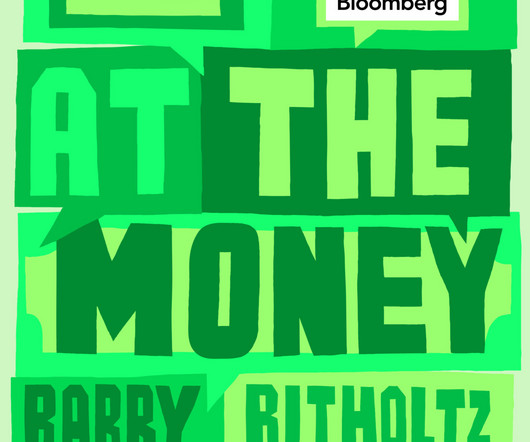
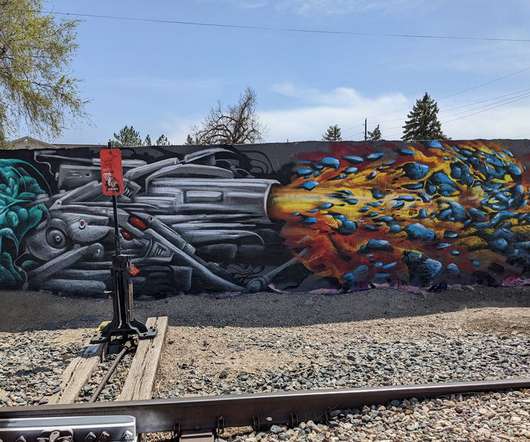

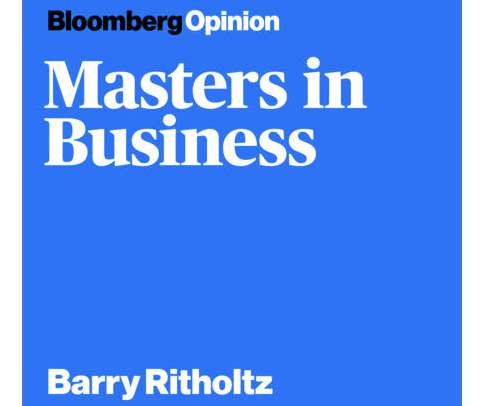


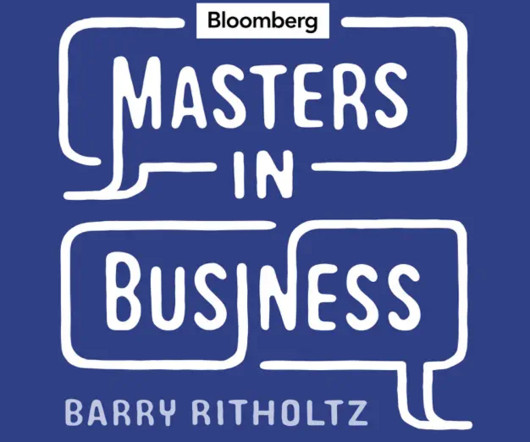
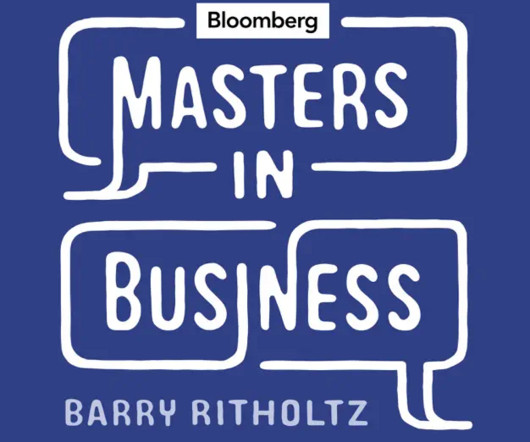

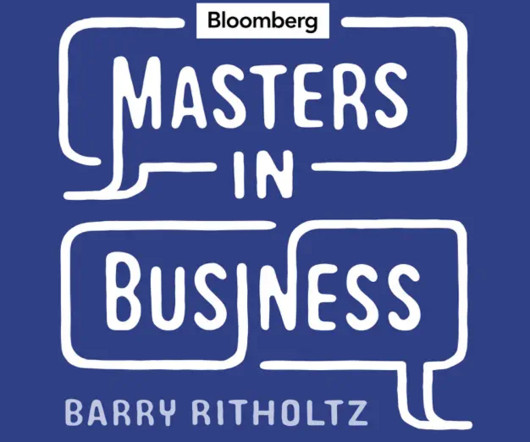






Let's personalize your content